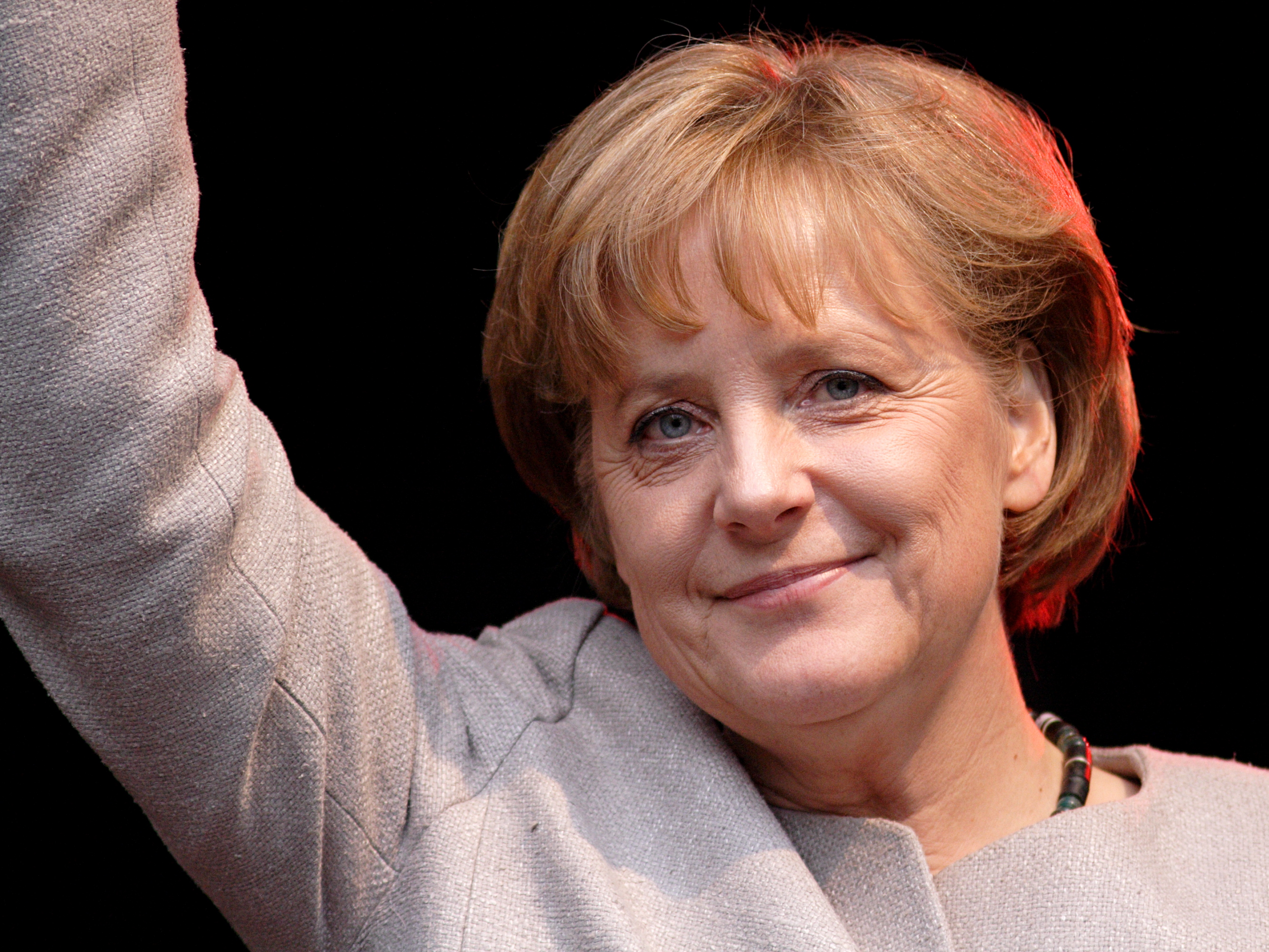Since the election, on 24 September Angela Merkel from Christian Democratic Union (CDU) has been unable to form a government in Germany. After 12 years in power, her position has been weakened as other parties are reluctant to form a coalition with CDU.
The election of Donald Trump in the United States is seen as the start of a new era in which the US chose to retreat from the world. In this case, Angela Merkel is sometimes called as the de facto leader of the free world and the last hope for liberal values.
However, the recent political situation in Germany has the potential to destabilize the whole European Union. As the biggest economy in Europe, Germany wields enormous influence in the EU decision-making process.
Angela Merkel as chancellor has championed liberal democracy, free trade, human rights, open-door policy toward migrants, and most importantly European Union project.With her eroding popularity in Germany and rising tide of right-wing politics across the continent, can she maintain a fourth term as chancellor of Germany?
read Nuclear-free World: Enhanced Security or Total Chaos?
A New Political Reality
Merkel’s party Christian Democratic Union received 33% of the votes. This is a surprising setback for her. Free Democratic Party (FDP) leader Christian Lindner and the Greens’ Simone Peter walked out of the coalition talk due to disagreement over migration issue, taxation, and environment. Social Democratic Party has also refused to form a coalition government with CDU.
September election has seen the entry of a far-right party into the Bundestag with 94 seats. Alternative for Germany has received the substantial support of 13% in the election.
Under such circumstances, Angela Merkel has a few options. She may try to negotiate with Social Democratic Party. Yet, SDP leadership seems to be not willing to work with her. She may also form a minority government if the negotiation continues to fail. Lastly, a new election may have to be called. However, this option is somewhat risky considering the fact that anti-EU, anti-migrant, and right-wing sentiment is growing. Brexit is a clear example that voters do not all the time vote for stability.
If Europe’s leading economy is left without a government for too long, it could have serious repercussion on the Union.
Merkel’s Policies
Angela Merkel becomes the symbol of austerity measures when countries in Southern Europe such as Greece, Spain, Portugal, and Italy suffered a serious economic crisis in 2012. Germany imposed budget cuts on those countries along with strict supervision on their spending to curb debts. These measures are not popular among the indebted nations although Merkel sees it as the necessity for the Eurozone.
2015 witnessed the biggest refugee crisis since the Second World War. The German Chancellor implemented an open-door policy by accommodating over a million migrants from war-inflicted countries into German society.
Her policy has proven to be a political mistake. Since then, Merkel began to lose support both from the public and from her own party. This sentiment is reinforced by dozens of terrorist attacks in Germany and neighboring countries such as Belgium and France.
Right-wing Alternative for Germany is leading the anti-migrant sentiment against Merkel’s stand. The support for this party has grown particularly among the conservative voters in the eastern part of the country.
Challenges in the European Union
The British decision to leave the European Union is a stunning blow to the European Project. Angela Merkel has taken a soft approach in the negotiation on Brexit as compare to France. Nevertheless, Brexit could destabilize the integration vision which has been in motion since the end of World War II.
Some countries especially those in Eastern Europe are quite critical of Merkel’s policy regarding refugee crisis. Poland, for instance, opposes the quota on migrant intake set by the EU. Its Law and Justice Party has undermined the independence of the judiciary and liberal values such as freedom of speech and media.
Hungary has also seen a similar violation of democratic principles by its right-wing ruling party. Freedom of the press and human-rights protection is being undone. The resurgence of populism across Europe could endanger the authority of the EU in deepening the integration among states.
Vladimir Putin’s expansive approach and strain relationship with Erdogan’s Turkey has put additional pressure on Angela Merkel and the EU as a whole. Russian trolls could influence public opinion as we saw in the United States and the rise of Donald Trump. The Large Turkish community in Germany could tip the result of the election. During the September election, there was an accusation that Turkish government told Turks in Germany not to vote for Merkel.
Rising unemployment and slow economic growth have undermined public confidence in several European countries. If there are no drastic reforms to regain the support of EU citizens, far-right populist parties will continue to grow in popularity leading to a retreat of liberalism.
read Politics Goes Popular: The Power of Satire
Post-Merkel Era
The German chancellor is a pragmatist and a political survivor. So far, she is one of the longest-serving chancellors in Germany along with her predecessor Helmut Kohl and Konrad Adenauer. Now with Merkel struggles to cling to power, all her policies could be under threat.In this regard, center and left-wing politicians could be pressured to embrace right-wing rhetoric in order to maintain their political careers.
The European Union may find it increasingly difficult to put forward proposals for reform and integration. Therefore, it needs to be prepared for an era in which Angela Merkel could no longer take the lead.
writer
Puthyraksmey Yama
Department of Political Science and International Relations
Marmara University, Istanbul, Turkey
